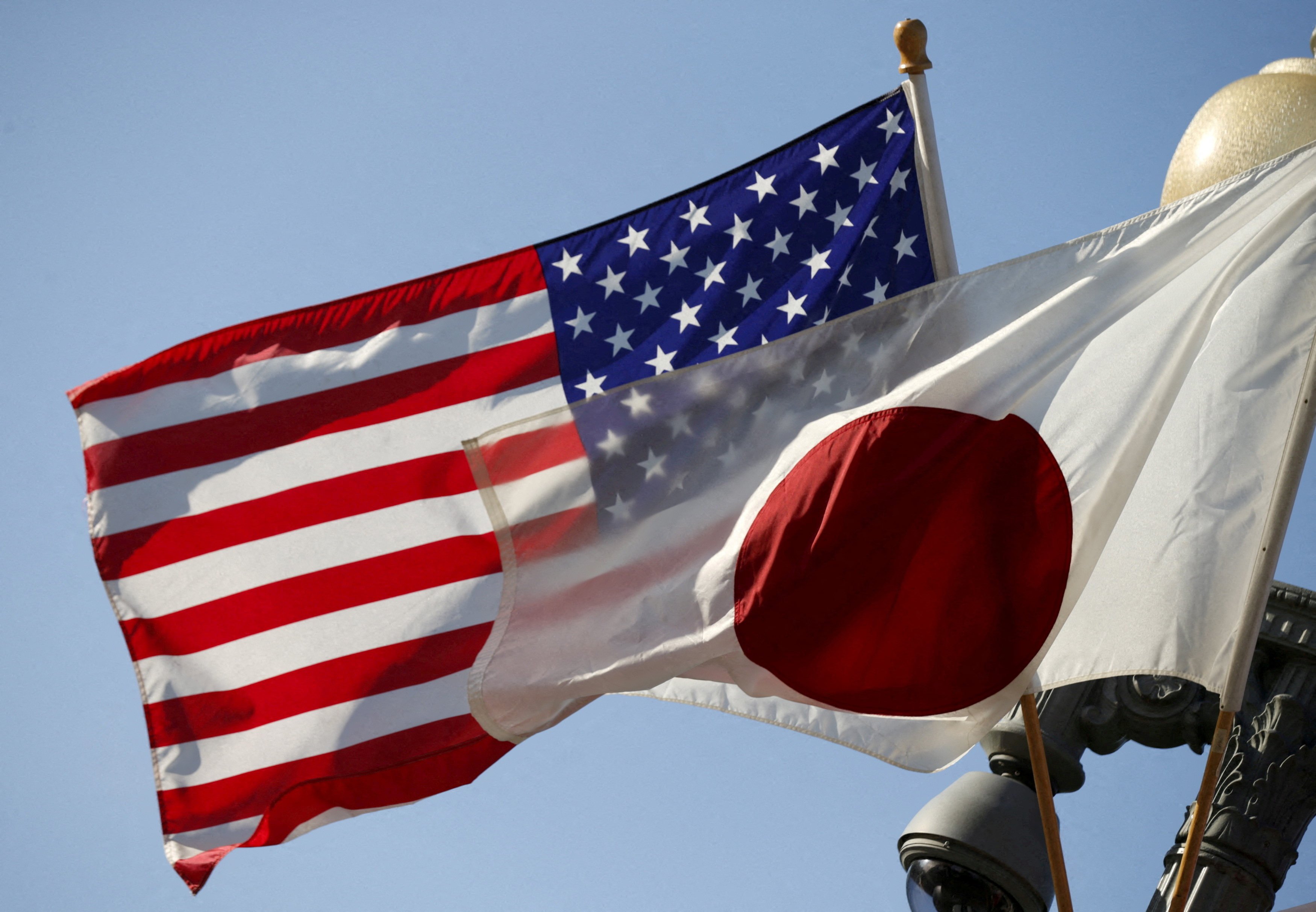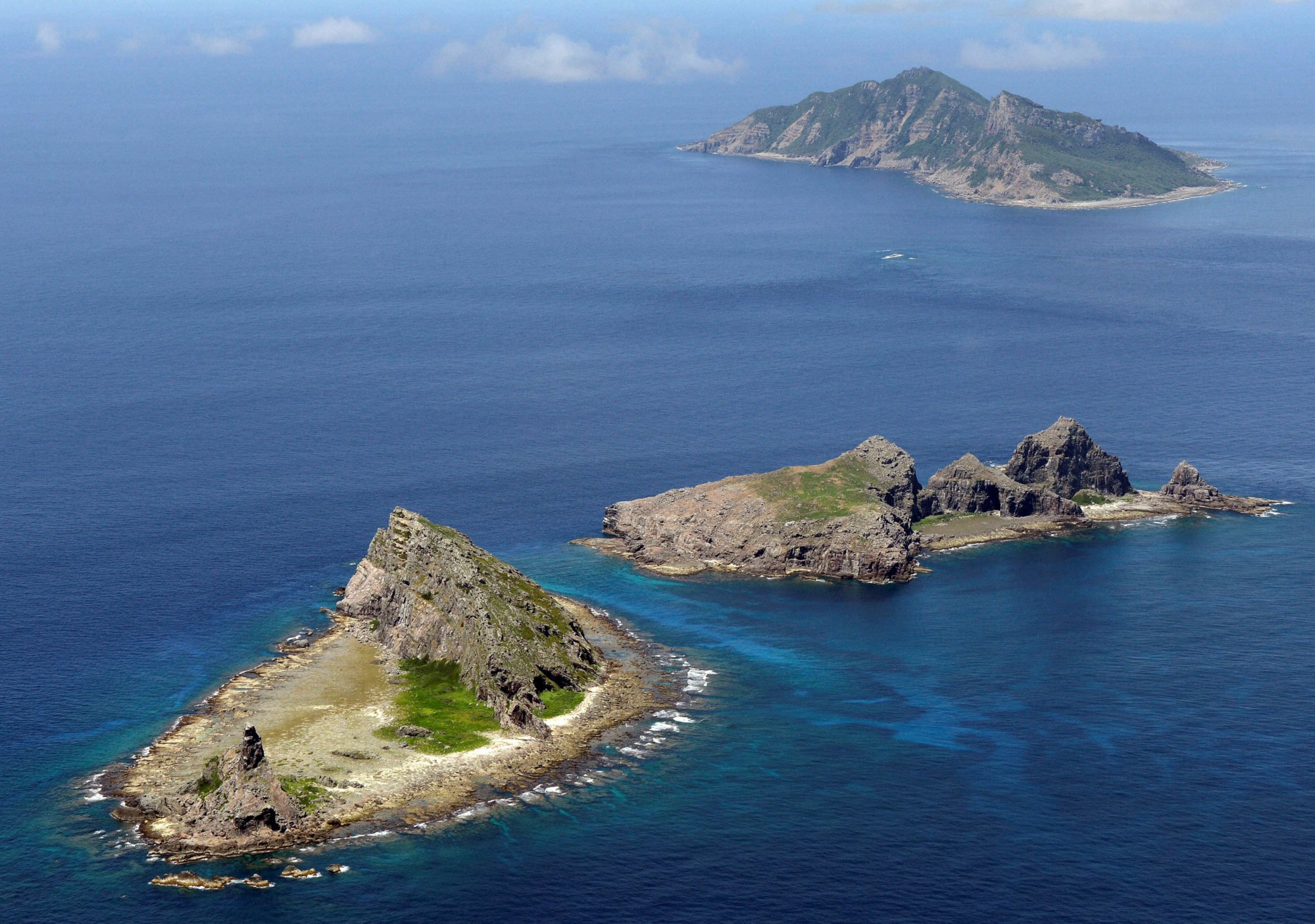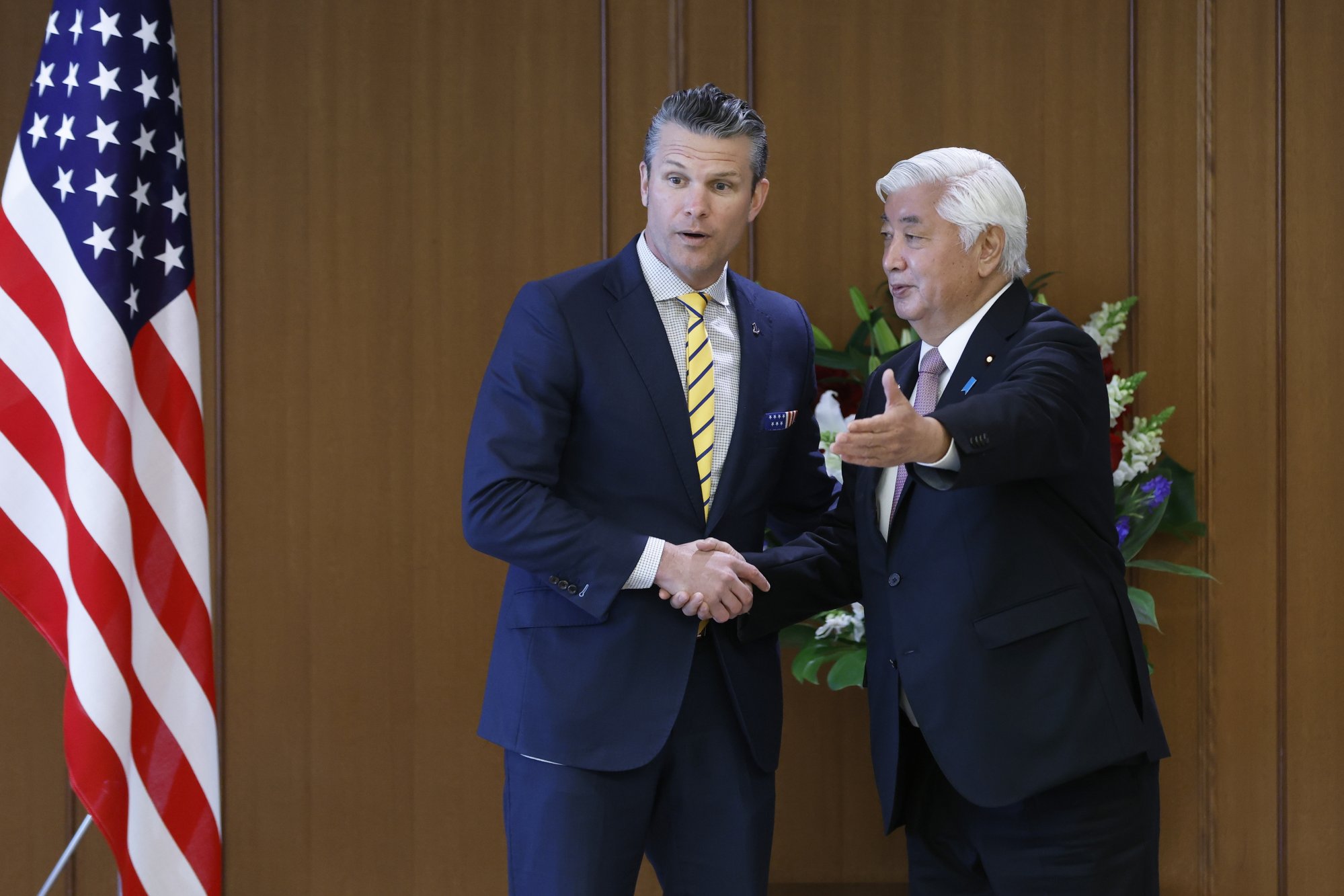Japan’s faith in US falters as ‘erratic’ Trump raises doubts on security commitments: poll
Japanese scepticism is growing as more than three-quarters of citizens doubt US military support under Trump, despite security assurances

Seventy-seven per cent of Japanese citizens do not believe the United States would come to their aid in a military crisis – a stark indication of how the turmoil of President Donald Trump’s first 100 days has eroded public confidence in the security pact between the two nations.
An Asahi newspaper poll conducted in the weeks following Trump’s inauguration found that only 15 per cent of 3,000 Japanese people surveyed were confident that the US “will protect” the nation in the event of a crisis.
The paper reported on Monday that previous surveys indicated more than 40 per cent of respondents had confidence the US would uphold the 1960 Treaty of Mutual Cooperation and Security.
“It is clear that there is more pessimism about the US under Trump in general,” said Stephen Nagy, a professor of international relations at Tokyo’s International Christian University. “But this is an extremely high number, and the Japanese government should be concerned by how many people here have such little faith in the alliance.”
The results were not surprising, as the “Trump administration continues to be erratic,” Nagy told This Week in Asia.
“Japanese people can see what Trump has done with Ukraine and how the on-off tariffs and negotiations have not progressed well, so it was obvious there was going to be some concern,” he said.

For over a decade, Tokyo’s primary concern has centred around islands in the East China Sea controlled by Japan but claimed by China. Beijing insists the uninhabited Diaoyu Islands are sovereign Chinese territory, whereas Japan remains firm in resisting encroachment in the surrounding waters.
Just days after Trump’s January 20 inauguration, Japanese Defence Minister Gen Nakatani held talks with his US counterpart, Pete Hegseth, obtained verbal confirmation that the new administration considers the disputed islands to be covered by the Japan-US security treaty. Japan has a history of swiftly confirming this commitment with each new US government.
Despite those assurances, the poll shows that a clear majority of Japanese do not believe that the US would help Japan if China threatened the islands.
Nagy, however, is more optimistic.
“Despite what has happened elsewhere, this US administration’s approach to the challenges of the Indo-Pacific have not changed a great deal from that of [former president Joe Biden’s] administration,” he said.
The US remains focused on strengthening its military posture in the region, he said, working closely with Japan and South Korea through a trilateral security framework. Washington has also floated plans for joint shipbuilding and repair efforts with regional partners.

Visiting Japan in March to pay his respects on the battlefield of Iwo Jima, Hegseth also spoke about the enduring importance of the alliance and later delivered a similar message in the Philippines, which is locked in its own territorial dispute with Beijing in the South China Sea, Nagy added.
Despite the ongoing confusion from the White House and repeated policy flip-flops, Nagy believes the treaty will last.
Sanae Takaichi, a hawkish member of the ruling Liberal Democratic Party, expressed more uncertainty during a recent visit to Taiwan.
Speaking at a seminar in Taipei on Monday, Takaichi called on Japan, Taiwan and other regional partners to form a “quasi-security alliance” due to Trump’s unpredictability.
Takaichi said too many Japanese still believe the US would unconditionally support Japan based on the 1960 treaty, despite Trump’s contradictory statements on various policy measures. She urged Japan and Taiwan to enhance their capacities to defend their populations and territories, highlighting their shared challenges.